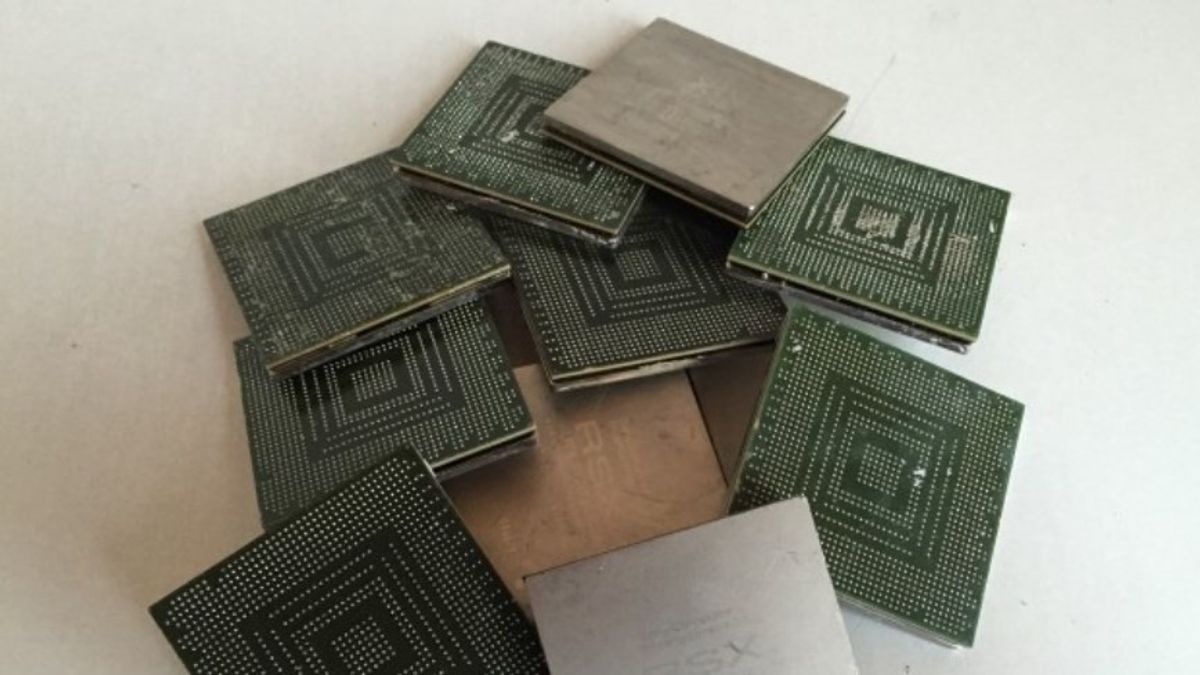JAKARTA – In the midst of the world's reduced supply of chips, a British computer chip developer, Arm, is producing a flexible processor that can be printed on cardboard, paper or cloth. This is intended to get around the scarcity of chips.
The processor is claimed to be able to transmit, collect, process, and send trillions of data over the internet. Because today's chips are made of silicon wafers that are manufactured in a special factory through a complex process that can take up to eight weeks.
Now, Arm is developing a 32-bit processor called PlasticARM with circuits and components printed on a plastic substrate like a printer dispensing ink onto paper.
Arm's party, James Myers said that the processor is capable of running programs, although at this time it can only use read-only memory so that it can execute certain code that is created. Later, processors made of plastic substrates will be fully programmable and more flexible.
"It's not going to be fast, it's not going to be energy efficient, but if I'm going to put it on lettuce to track its storage life, that's the idea," Myers said.
“We are still looking for applications, such as the original processors in the 1970s. Does this (the processor) have anything to do with smart packaging? Will it be a gas sensor that can tell you whether something is safe to eat or not? It could be a health patch that can be harnessed, that's a fun project we're looking at,” Myers added.
While some have made flexible chips before, this device by Arm is the most powerful ever produced. The chip has 56,340 components packaged in dimensions of less than 60 square millimeters. Arm's chips have about 12 times more computational components than any other flexible chip ever made.
For information, chip developer Arm was founded in 1985 under the name Acorn. The company manufactures and licenses computer chip designs which are then produced by third parties.
Arm claims that there are currently 160 billion chips manufactured using its technology. Arm made chips are predicted to increase along with the development of the Internet of Things (IoT) in the future.
The English, Chinese, Japanese, Arabic, and French versions are automatically generated by the AI. So there may still be inaccuracies in translating, please always see Indonesian as our main language. (system supported by DigitalSiber.id)













